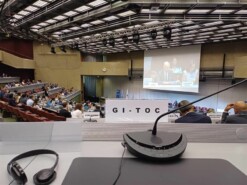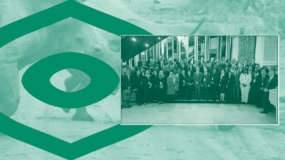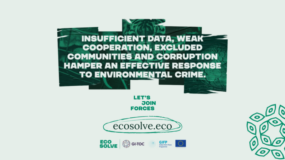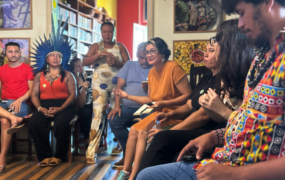Posted on 10 Apr 2025
At a major international conference hosted at the French Ministry of Europe and Foreign Affairs, participants underlined the detrimental impacts of environmental crimes to security, development and our habitat and have called for more ambitious and effective responses to this threat.
More than 100 of the world’s leading experts and officials on environmental crimes gathered in Paris at the “Security and Development Dialogue for Advancing Multilateral and Multi-Stakeholder Responses to Environmental Crime”, hosted by France and the Global Initiative Against Transnational Organized Crime (GI-TOC), with financial support of the European Union through the ECO-SOLVE project.
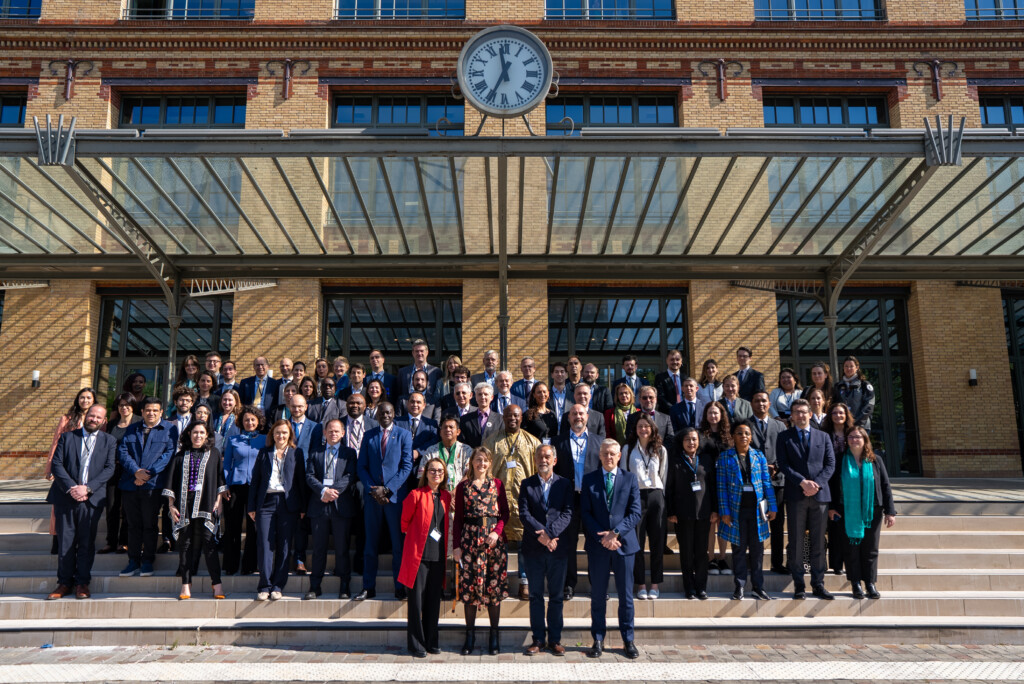
Opening the conference, H.E. Thani Mohamed-Soilihi, France’s Minister Delegate for Francophonie and International Partnerships, called for the international community to prioritize action against environmental crimes. Despite the uncertain international context, the minister emphasized the need to keep the issue of environmental crimes at the heart of the international community’s concerns.. He highlighted the need for collective action, including in preparation for the UN Oceans Conference to be held in Nice this June.
GI-TOC’s Director Mark Shaw called for greater inclusivity and innovation to deal with environmental crimes. He highlighted the global character of illicit flows and emphasized the need for “diverse action across supply chains” to cut the links that enable environmental crime to flourish, not least through licit trade routes and information platforms. “We need more internationally coordinated action across sectors, and we need globally funded and resourced responses”, said Shaw, also highlighting the key roles that can be played by civil society and the private sector.
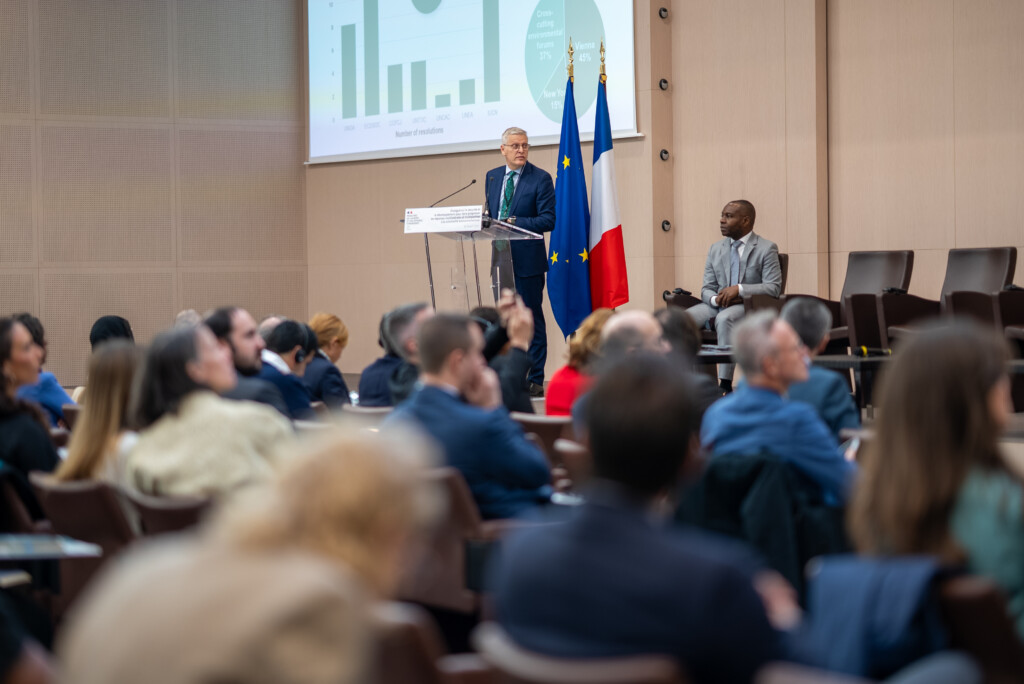
The international conference, which took place on 8 and 9 April, took stock of current international responses to environmental crimes, shared best practices and identified opportunities for more effective engagement through upcoming multilateral processes – including a new Expert Group Meeting under the Conference of Parties to the UN Convention against Transnational Organized Crime (UNTOC), the UN Oceans Conference, the Climate COP, the UN General Assembly, and the next UN Congress on Crime Prevention and Criminal Justice taking place in 2026.
Participants included officials from diverse countries, including Colombia, Peru, Brazil, UAE, UK, Indonesia, Kenya, Gabon and Germany, civil society, academia, law enforcement and criminal justice personnel.
ECO-SOLVE leads the charge against environmental crime with its global, collaborative, data-driven approach. Our mission: transform data insights into impactful action; support law enforcement to disrupt illicit flows; empower communities; shape effective global policies. ECO-SOLVE is an EU-funded project within the Global Illicit Flows Programme.
For more information, visit > ecosolve.eco

